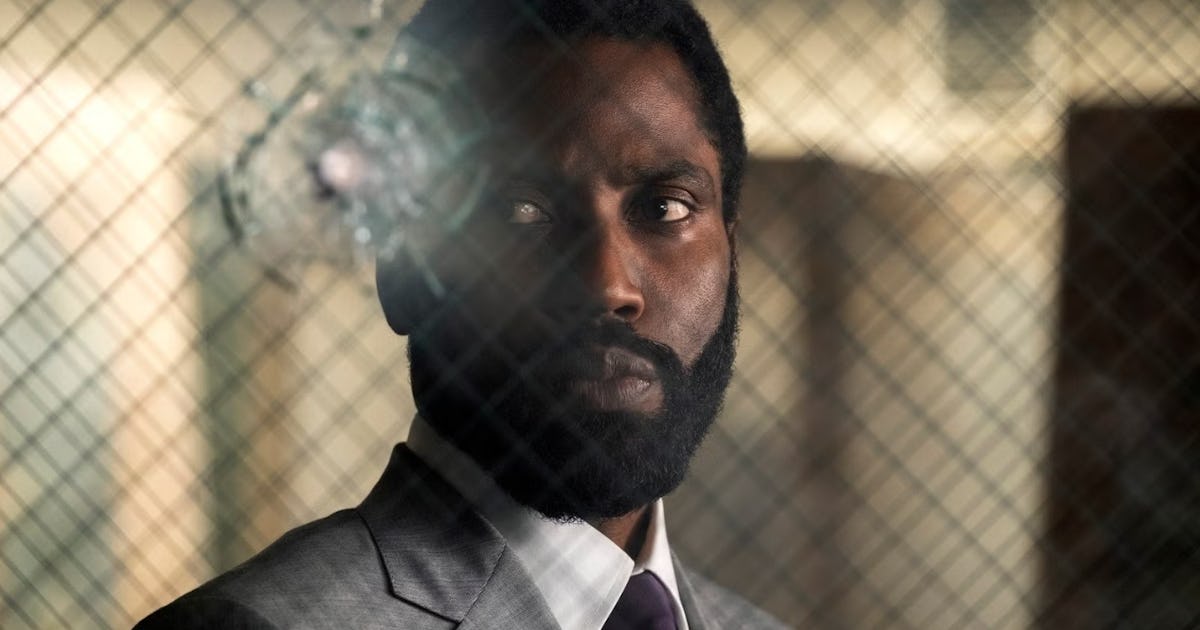
""You need to rewatch it to get it" can be either a promise or a threat. It's satisfying to let a movie pull one over on you, then study how all the pieces were put into place; there's a good reason was constantly credited with " revitalizing " the whodunnit. But when setting up the board gets in the way of character and story, all the rewatches and explainers in the world won't pump blood through a stone heart."
"That brings us to Tenet, Christopher Nolan's most Christopher Nolanest movie. Nolan's reputation for putting technical spectacle ahead of human emotion is often unfair, but Tenet split audiences, then set them to arguing online. Some viewers remain baffled by it, while "Oh, did people not get Tenet? Are they just not as smart as me?" is now a humblebrag microgenre. But five years after its release, it's easier to examine Tenet on merits rather than comprehensibility, and unfortunately, it's found wanting."
"Someone is making objects move backwards through time while the rest of us keep marching forwards, a concept dubbed inversion. Introduced in a scene where Washington is taught to make bullets leap out of a wall and into his pistol, inversion is eventually elevated to lengthy set pieces where cars, characters, and plot devices zoom back and forth through time."
Tenet foregrounds technical spectacle and a complex time-inversion premise at the expense of character and emotional engagement. The film split audiences and generated smug explanations, but its merits diminish on closer inspection. John David Washington plays a nameless CIA agent who encounters inversion, a mechanic where objects move backward through time, first demonstrated when bullets leap into a pistol. Inversion escalates into elaborate set pieces featuring cars and characters moving forward and backward. The film offers a thrilling opening siege, intriguing spycraft moments, and uniquely strange action, but the narrative becomes a slog and collapses into anticlimax.
Read at Inverse
Unable to calculate read time
Collection
[
|
...
]